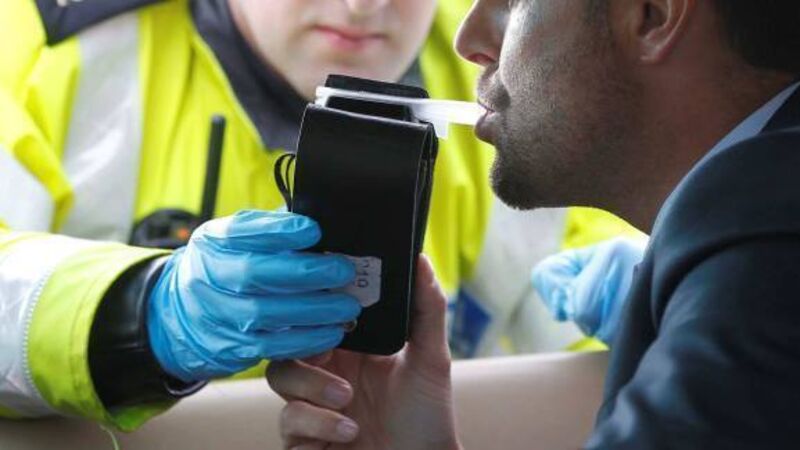Gardaí face two more scandals: Credibility, resources squandered

Almost two million tests were logged but the force has admitted that fewer than a million were actually carried out. This is another bone-shaking scandal the gardaí, especially its management, can scarcely afford.
That this huge discrepancy, whether created to mislead or a symptom of slapdash record keeping, exists around an exercise designed to save lives by making roads safe from drink drivers moves it from the farcical to the sinister and unacceptable.
















